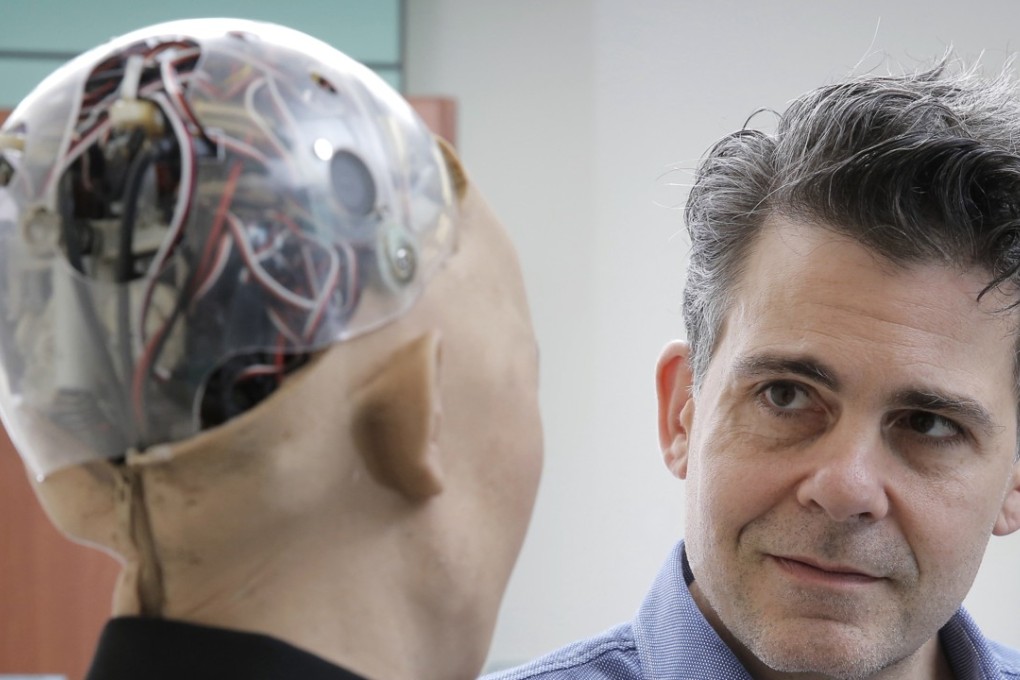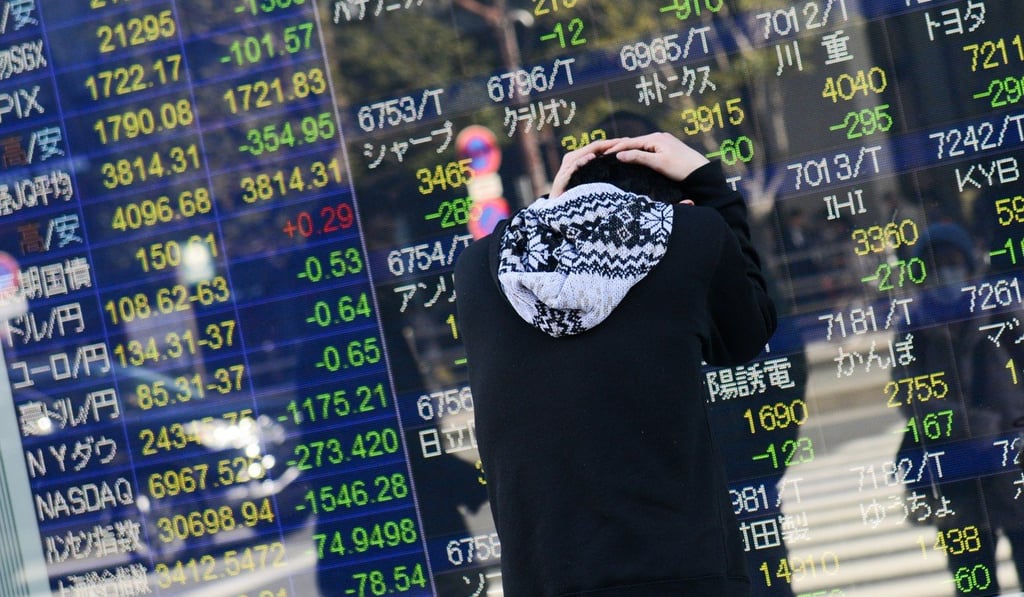Advertisement
As AI takes us back to a future of mystery, don’t blame ‘the machines’ for stock market volatility
Niall Ferguson says that as machines become too sophisticated for human minds to fully comprehend, we could be returning to an age of mystification in which algorithms are the enigmatic forces we blame for unusual developments
Reading Time:3 minutes
Why you can trust SCMP

Are we living through the remystification of the world? Much that goes on is baffling these days. Financial market movements seem increasingly mysterious. Why, after close to a decade of sustained recovery from the nadir of early 2009, did global stock markets sell off so sharply this month?
We who claim expertise in these matters can tell stories about what just happened, but the feeling persists that we haven’t a clue. Twelve weeks ago I warned that “financial red lights” were flashing again. Was I prescient or just lucky? I argued that, as central banks raised interest rates and wound down quantitative easing, there was bound to be downward pressure on stock markets and that, for demographic and other reasons, the end of the prolonged bond bull market was nigh.
Yet the market gyrations have elicited more exotic explanations. The villains of this stock market correction include an exchange traded note, XIV, which enabled investors to bet on continuing low volatility and large quantitative hedge funds that employ “risk parity” and “trend following” strategies. For people at dinner parties who want to avoid explaining these rather complicated things, it was all the fault of “the machines” or “the algorithms”.
Advertisement
Nobody doubts that computers play a far larger role in financial markets today than ever before. It seems reasonable to assume that automated transactions by index tracking funds, not to mention high-frequency trading by quant funds, tend to amplify market movements. Yet there is no need to invoke these novelties to explain the return of normal financial volatility. There is a superstitious quality to the phrase: “It was the machines.”

China tops global poll for faith in AI technology creating jobs and improving lives
“The machines” are getting smarter every day. Machine learning is already superior to human learning in numerous domains. The best human players of chess and Go no longer stand a chance against the computers of DeepMind, the company Google acquired in 2014. The physicist Albert-Laszlo Barabasi told me that computers at his laboratory at Northeastern University already do a better job of assessing the performance of football players than human experts.
Advertisement
Advertisement
Select Voice
Select Speed
1.00x